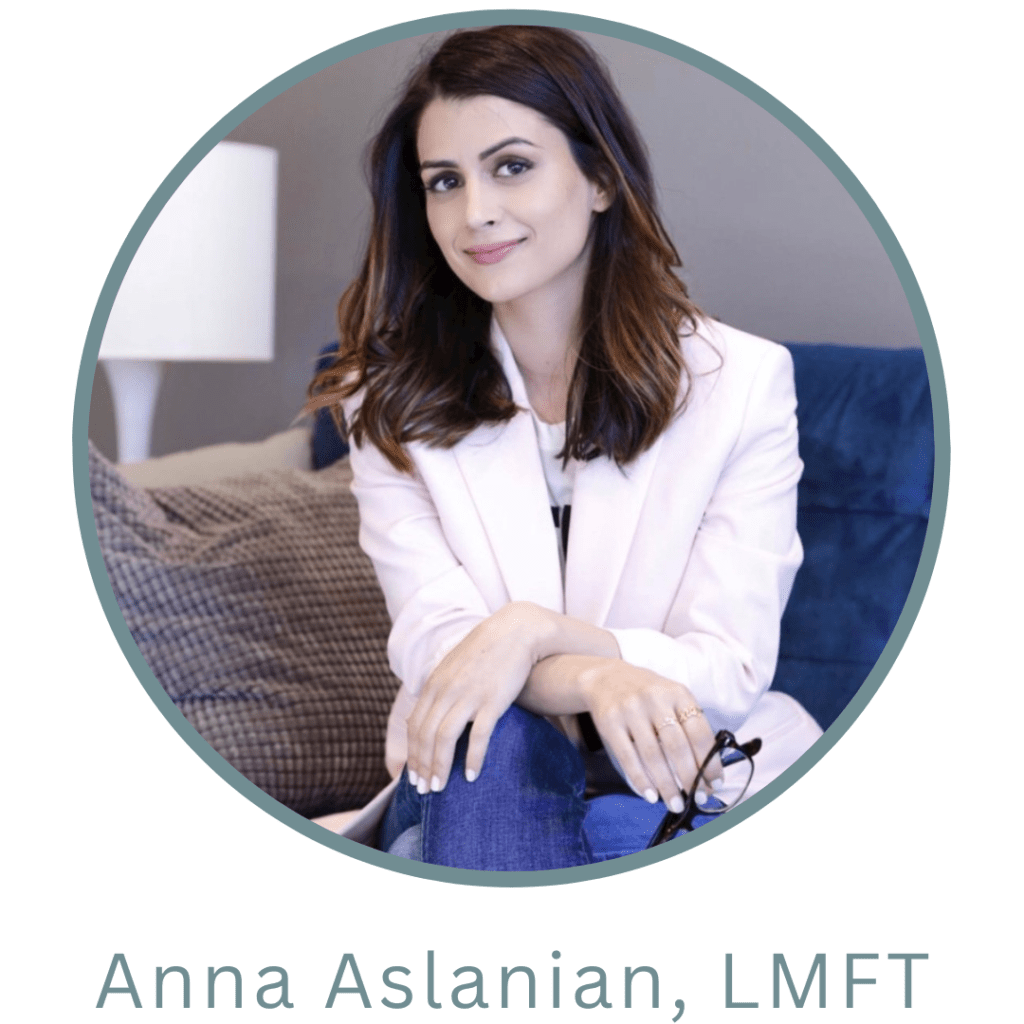
What is Complex Post-Traumatic Stress Disorder?
You may have heard of Post-Traumatic Stress Disorder, or PTSD, but have you heard of Complex Post-Traumatic Stress Disorder (C-PTSD)?
Complex trauma, unlike a specific traumatic event, develops in response to prolonged, repeated trauma. C-PTSD can cause significant disruptions in a person’s ability to cope with everyday life, leading to feelings of isolation, guilt, and fear. Most people assume that C-PTSD is caused by childhood trauma. And while this is true, childhood trauma can create C-PTSD, it is NOT the only type of trauma that increases the likelihood of Complex PTSD. Duration of the trauma matters here. Even if prolonged exposure to trauma occurs in adulthood, this can create C-PTSD in individuals. Chronic trauma is also associated with substance abuse, mood disorders, etc. So people may think the person is simply anxious when there’s trauma underneath that.

C-PTSD Symptoms
Do you have a hard time regulating your emotions? Do you relive or completely forget the traumatic events? Do you feel detached and dissociated sometimes? Do you experience strong feelings such as guilt, shame and believe you are somehow “different” than others? Do you have a hard time trusting others? All of these can be developed after experiencing symptoms of C-PTSD over time. Some of the most common symptoms of C-PTSD are:
- Dissociation. Dissociation can feel as though you are disconnected from yourself and/or the world around you.
- Negative beliefs about the self. As we grow up, we begin to develop certain views about ourselves and the world around us. These views can be deeply influenced by what people around you tell you as you grow up and your personal experiences.
- Difficulty regulating emotions and behavior. Emotional regulation can be extremely difficult for someone with complex trauma. Emotional dysregulation is the inability to control or regulate your emotional responses to provocative stimuli. An example would be extreme, irrational anger at a situation that may be a minor inconvenience to others, such as getting cut off while driving.
- Problems with interpersonal relationships. This is the inability to keep a steady relationship, whether it be with friends, coworkers, or romantic relationships.
- All symptoms associated with typical Post Traumatic Stress Disorder: This includes flashbacks of traumatic events, avoidance of people, events and any other reminder of the trauma, and hypervigilance.

C-PTSD Healing
A person with C-PTSD has a more active limbic system. What does this mean? The limbic system is the part of our brain responsible for processing emotions, memories, arousal, etc. When a person experiences trauma, especially prolonged trauma, adrenaline rushes through the body and the memory (in this case memory can also be body sensations, images, feelings, etc.) is “stamped” into the amygdala, which is part of the limbic system. The amygdala holds the intensity, emotional significance and meaning, body memories of the trauma. Due to this, it is important to seek holistic treatment for C-PTSD. Why is it important to treat trauma holistically? Meaning treating the body and mind? Just talking about the trauma (memory, events, what happened, what should have happened, etc.) does not decondition the limbic system. But many people need to start with that since focusing on somatic work right away (body) isn’t safe for them. People with trauma respond more to trauma related stimuli than neutral stimuli; their nervous system doesn’t feel safe. This is why you can’t just “get over” trauma and enjoy life that easily. This is why it’s important that trauma work is person-centered, meaning tailored to each individual’s needs.
C-PTSD Therapists
C-PTSD is incredibly difficult to live with, but know that you are not alone. The best thing a person who believes they may have C-PTSD can do is to reach out for help with a therapist who has training on complex trauma. The clinician needs to meet the client where they are and help them heal by using different modalities, depending on what’s needed. For trauma therapy, search for a therapist in your area or contact us by emailing info@mytherapycorner.com to be connected with one of our therapists who offer different modalities in healing trauma. At My Therapy Corner, EMDR, Attachment-Focused EMDR, Polyvagal, TF-CBT, Brainspotting, ACT, DBT, Polyvagal, etc. are all used as needed to create a person-centered approach to treating trauma.


